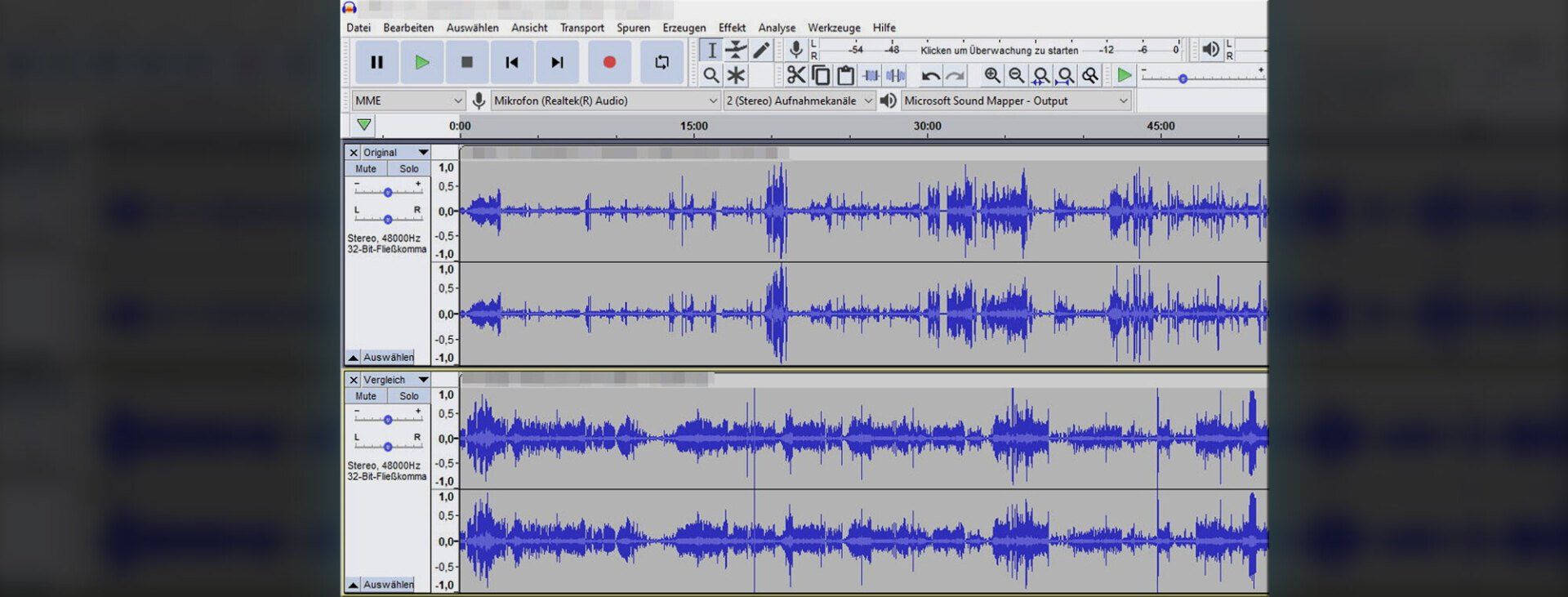2003 . Film music

European Union
I continued my search for an orchestra willing to play Bruckner's Ninth Symphony at the "correct" tempo and according to its specific instructions (very slowly). This proved quite difficult, as the almost misguided notion seems to have taken root among established musicians that Bruckner must be played exactly as he has been played for decades – anything else being unnecessary, even presumptuous, deviation.
My search led me to the EU in Brussels in 2003, where, on the occasion of the Think European campaign, I presented my idea and secretly thought of the European Chamber Orchestra, which struck me as liberal. I did indeed find a receptive audience, because, after all, Bruckner's Ninth Symphony interweaves not only the biblical creation story but also major moments of our Western civilization. Many historical figures visited Bruckner's small, mystical birthplace in the heart of Europe and were given a European interpretation by Bruckner, from the Romans to Napoleon to Hitler, who, for example, was born very close by and wanted to build his monumental European cultural center right here – all in all, a summa música Europeancis...
Fate (does there even such a thing as coincidence?) decreed that during my meeting with Otto von Habsburg at the European Parliament, I also encountered a committed young Austrian politician named Peter Vitz. After discussing my plans to visualize the NEUNETN with him, my compatriot told me about an "Alpine Karajan" who reveres Bruckner at least as fanatically as I do.
Peter Vitz spontaneously arranged a meeting with this Alpine Karajan in Innsbruck by telephone.
Everyone can surely imagine what was going through my mind when I met this so-called Alpine Karajan at the Cafe Sacher in Innsbruck at the end of November 2003.
Bruckner's spiritual reincarnation
There he was – like a phoenix from the ashes – the Bruckner conductor Peter Jan Marthé, who not only bore the nickname of the musical genius Karajan, who died in mid-1989, but as a master student of none other than the famous conductor Sergiu Celibidache, received the unusual philosophical advice to forget everything he had previously heard about Bruckner and to "erase" this musical imprint through meditation, ideally directly in India. According to Celibidache, only through profound meditation can one be able to play Bruckner's symphonies "correctly"...
After a two-year exploration of entirely different sound worlds, Jan Peter Marthé, with an indispensable spirituality of heart, succeeds in achieving the necessary depth and impact in his music-making that characterizes this very special Brucknerian soundscape, as Lord Yehudi Menuhin once astutely observed. Following this, the highly gifted music lord spontaneously founded the Cathedral of Sounds together with Marthé, a beautiful homage to the church musician Bruckner.
But that wasn't all.

This brilliant Peter Jan Marthé was not only a gifted composer but, as mentioned, also the chief conductor of the European Philharmonic Orchestra, comprised of over one hundred incredibly young and therefore (still) unindoctrinated musicians from all over Europe. And that wasn't all, because Marthé was also a gifted Bruckner organist – and thus seemed to me a godsend, especially since he was clearly even better suited to the realization of Bruckner's Ninth Symphony as a visible symphony than Karajan himself!
At the end of our first conversation in Innsbruck, Marthé gave me a CD with an orchestral recording of Bruckner's almost mystical-sounding Eighth Symphony, recorded in St. Stephen's Cathedral in Vienna, with the almost apologetic remark that this, "his way of playing Bruckner," was rather "shockingly different" for most Brucknerians.
After hearing the first few bars, I knew what he meant, because it literally took my breath away: This Bruckner symphony was also played at the correct tempo - just as the master wanted it, but which the majority of conductors have always simply ignored.
This original music, played according to Bruckner's instructions, was balm to my troubled soul, because Professor Marthé confirmed my previously ridiculed theory that all leading conductors play Bruckner much too fast.
The film music
Soundtrack / Demo version from BRUCKNER'S NINTH sinfonìa visìbile in re minore regeneratione Bruckner:
